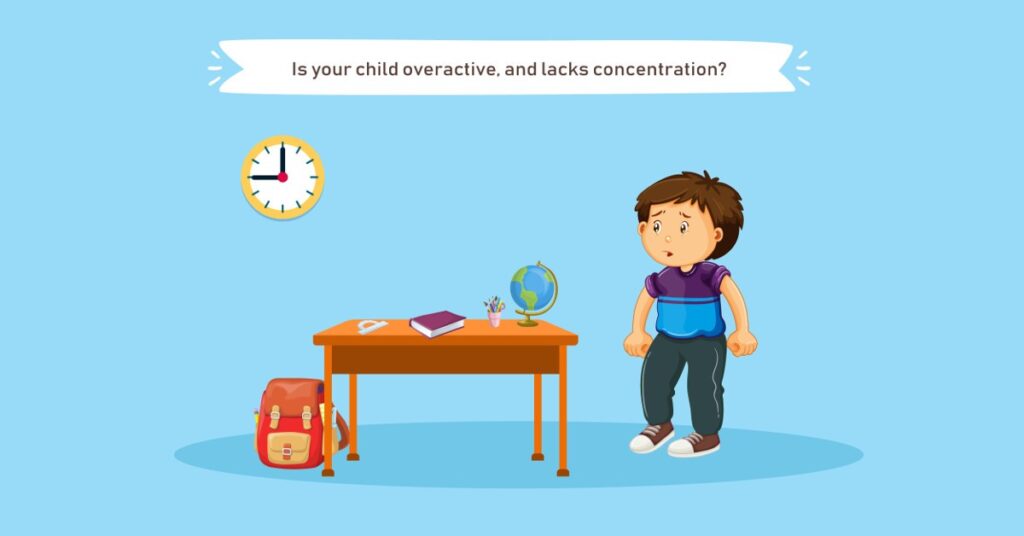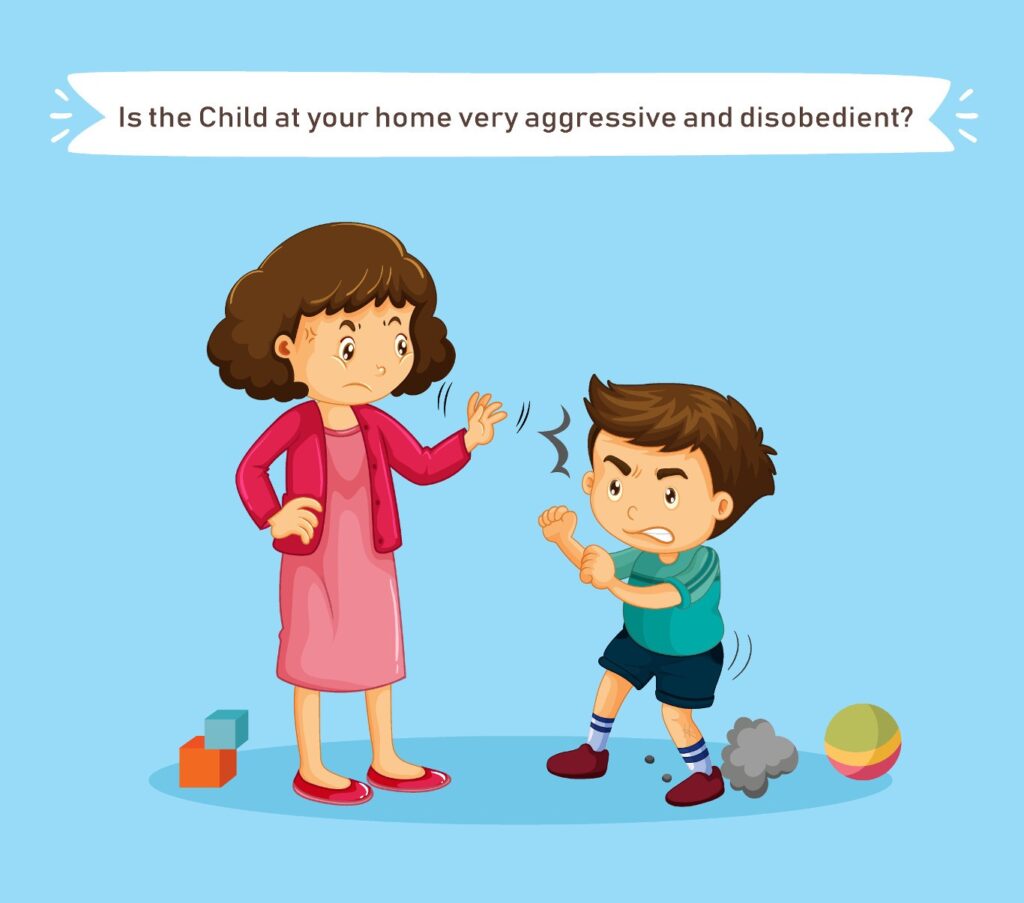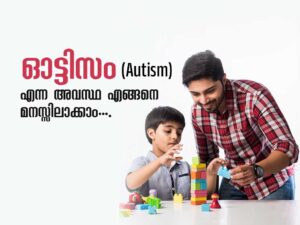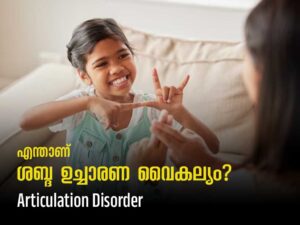This blog contain important information for the parents who have teenage kids and who neglect the important signals of problems in kids which are very evident. The root cause behind these symptoms could be different in teens. Let’s discuss these symptoms in details and checkout the root cause behind the same.
Addiction to Mobile Phones/screen addiction:

Mobile phones and other digital products are “tech heroines” that convert your child into screen junkies. Spending too much time over the screen may cause different problems in teenagers like:
- A lack of sleep
- Drastic thought changes
- Poor social skills
- Loses interest in studies
- Less interaction with family members etc..
In younger kids, this addiction is hitting badly as too much screen use is affecting their nervous and causing serious sensory as well as motor skill problems. You need to act seriously and follow different ways to break this addiction in your child.
Teach them the balance screen usage with face-to-face conversations, physical activity and time spent outdoors. It’s better to set limits early-on and never every give them mobile phones so that they cannot disturb you while working.
Keep a control on their screen usage. Get them busy into good habits and it’s better to link them to a real world.
Poor Concentration:

If your teen finds difficulty in focusing on something and that too for long, then your child might be suffering from concentration problem. This lack of focus can be seen in their studies and as well as in other activities.
There could be several symptoms that are enough to warn you for this like distracted very easily, fidgety, prone to losing things, unable to keep things organized, unable to follow instructions, has trouble with school work, moody, irritable or aggressive, unable to maintain friendships and many more.
Moreover, there could be several reasons why your child faces concentration issues. For example, if you child finds the task to be difficult, he loses his focus or if there are so many distractions available nearby while they are trying to focus such as TV, mobile phone, radio, etc.
Other reasons include – not enough sleep, too little attention from parents’ diet problems, lack of exercise, no motivation or interest and many more. However there are some easy techniques and activities through which you can improve their concentration.
Violent nature:

Aggression in teenagers can be a symptom of many diverse fundamental problems. It’s a very polymorphic thing, cohesion of different psychiatric conditions, medical problems, and life circumstances.
There could be several reasons of driving aggression or violent behaviour in kids like being the victim of physical abuse and/or sexual abuse, exposure to violence in the home, being the victim of bullying, genetic reasons, exposure to violence in media (TV, movies, etc.), use of drugs and/or alcohol, presence of firearms in home, socioeconomic factors (poverty, severe deprivation, loss of support from extended family, marital breakup of parents, single parenting, or brain damage.
Affected teenager shows the following behavioural changes which should be carefully evaluated. These include: intense anger, frequent loss of temper or blow-ups, extreme irritability, extreme impulsiveness, becoming easily frustrated. The best solution to control this problem is a psychiatric counselling.
Opposing Parents:
One of the most common expressions parents are seen discussing with each other or with experts is the rebelling nature of their child.
There could be several reasons why they oppose or misbehave, but it is very important for parents to find out the root cause of their child’s misbehaviour.
Children generally oppose their parents just to check if their parents will enforce rules on them or if they experience distinct set of expectations between school or home which makes them feel uneasy inside. Sometimes parent’s expectations go beyond their child developmental level which makes them feel offended.
Even lack of right information, prior experience, boredom, hungriness, sleepiness and looking for independence can make them rebel.
The best way to overcome some of these problems are setting boundaries and limits, and helping them follow will support them adopt positive value and gain self-esteem.
Demanding more freedom:
When your kids become teenagers, you might witness the issue of “freedom of choice”. It becomes more crucial to manage parent/teenager relationship.
Your newly young kids push you up for freedom so that they can live the way they want, while the parent’s job is to detain that push within the interests of safety and responsibility.
There are no clear symptoms of the above situation, but you will find your teen child pushing the independence envelope, breaking rules, taking foolish risks or evading straight answers. Such things are signs of rebel and clearly state that they want to do things of their own without your interference.
Romantic and sexual relationships:
Falling in love is an emotional disruption at any age, but for adolescents, they find this feeling even more difficult to manage.
Romantic relationships can sometimes lead to morbid situations. They become too exclusive when they pair up; they cut themselves off from friendship and support networks. Some of them are also exposed to abusive and intense interactions or unsolicited or coerced sexual activity within their romantic relationships.
Unrequited love and breaking up could also be serious problems in the teenage. And things get worse if parents start disapproving them, their choices and behaviour. This may cause mayhem.
There are several ways you can handle your teen when he/she going through this phase. Lay a strong foundation of friendliness since their childhood and be welcoming with their relationship status. Guide them but don’t force them otherwise they will rebel.
Spending more money:
If you’re raising a teenager, your next roller coaster ride is going to be dealing with their money spending habits. While your teenager is stretching their limits and enjoying new freedoms, you may also find them picking up less-than-desirable money habits.
These include overspending, questionable credit card use, poor purchase decisions, and a general lack of planning. You need to help them change bad spending habits to instil good financial instincts that can actually make a difference in their lives to come.
Being a parent, it is never too early or late to interfere in your teenager’s money matters and help them stand on their own financial feet.
They need you if they have no awareness of their money personality, don’t know how to plan or budget, overspend their monthly allowance, careless in using credit cards and too trusting and vulnerable to scams.
Exam Anxiety:
Exam anxiety is actually a type of performance anxiety. It is a feeling that someone might have in a situation where their performance really counts or when they have a pressure to do well.
There could be several reasons to it like fear of failure, lack of preparation and poor test history. The most common symptoms of exam anxiety in kids, teenagers and adults include worry a lot, feel tense, have headaches and stomach pains, not sleep well, feel irritable, lose interest in food or eat more than normal, do not enjoy activities they previously enjoyed, be negative and have a low mood and feel hopeless about the future.
Being a parent, it is your responsibility to help your child overcome exam anxiety. Make sure your child has enough sleep, eats healthy food and gets to school on time. You can help them by encouraging them to complete their homework everyday so that they can maintain consistency in completing school assignments and do well in their exams.
Depression:
Teen depression is a serious mental health problem in which there is a persistent feeling of sadness. The depression affects how your teenager thinks, feels and behaves. It can also result in emotional, functional and physical problems. There could be several reasons to it, but some common ones are peer pressure, academic expectations and bodily changes.
There are so many symptoms that you can witness in your teen child that will confirm depression in them. If we talk about emotional symptoms, then it includes frustration or feelings of anger, even over small matters, irritable or annoyed mood, loss of interest in everything, low self-esteem, sensitivity to rejection or failure, trouble thinking, concentrating, making decisions and remembering things and frequent thoughts of death, dying or suicide.
You can also witness behavioural changes in your teen like tiredness and loss of energy, insomnia or sleeping too much, appetite change, use of alcohol or drugs, agitation or restlessness, social isolation, angry outbursts, disruptive or risky behaviour and self-harm.
You can help your child from getting out of this situation listen to them, be frank, don’t scold or beat them. Gain their trust, acknowledge them and give them confidence you are always there for them no matter what it is.
Conduct Disorder:
Conduct disorder is a group of behavioural and emotional issues that generally begin during teenage. There is a pattern of disruptive and violent behaviour that show your child has this disorder.
Some of the persistent symptoms that shows that your child really have this problem are:
- Aggressive Conduct
- Deceitful Behavior
- Destructive Behavior
- Violation Of Rules
There could be several reasons to it like brain abnormalities, genetic issues, social issues and cognitive deficits.
Treatment for conduct disorder depends on several factors like age of child and the severity of behaviour problems. The most common treatment methods include:
- Psychotherapy
- Parent training
- Family therapy
- Residential placement
- Medication
Drug Addiction:

There is a lot of difference between drug addiction and drug abuse in teens. Teens who abuse drugs have high risks of developing an addiction when they are adults. They experiment with drugs, but aren’t addicted. But they get addicted to it if they find it as the solution to all their problems and start taking drugs frequently.
Some common signs of teen drug addiction are:
- Avoiding eye contact
- Bad grades
- Bloodshot eyes
- Diminished personal appearance
- Frequent hunger or “munchies”
- Laughing for no reason
- Loss of interest in activities
- Missing curfew
- Poor hygiene
- Secretive behaviour
- Smell of smoke on breath or clothes
- Unusual tiredness
Your first step to overcome this issue is to reach out to a professional like your child’s doctor, guidance counsellor, or addiction specialist.
Loses interest in studies:
Often teens show a sudden lack of interest toward academic and school work due to several reasons. Usually, the first signs of disinterest start to appear during the middle school years.
Here are some reasons why children lose interest in studies:
- Bullying
- Difficult syllabus
- Fear of failure
- Poor instruction
- Focus on studying and not learning
- Learning difficulties
- Lack of a suitable environment
- Increased distractions
- A hostile classroom
- Unattractive rewards
How to help children start loving studies? Have a look at some ways to help teen start loving studies.
- Communicate
- Focus on learning and not studying
- Do not ‘take over’
- Remove barriers to learning
- Improve home environment
- Remove distractions
- Choose the right school
- Give them the right kind of motivation
- Have clear learning objectives
- Teach them relevance
Make sure you don’t scold, compare or force your child for anything. You can take expert help as well.
Conclusion
It is important that every parent should be aware of these teen problems which could become serious if not tackled properly and on time. Moreover, they need to understand that the root cause of each one these problems could be different in different teens.
It depends on family situations, friend circle, brain development, and many other factors. Parents need to be attentive, but don’t be judgemental when they find or see any of the above symptoms in their teen child. They should instan



